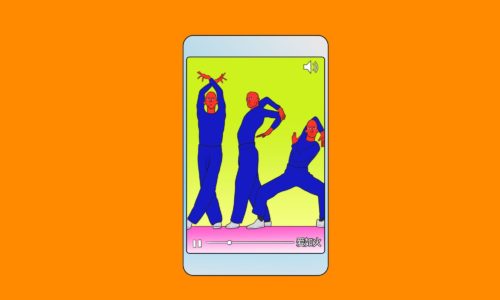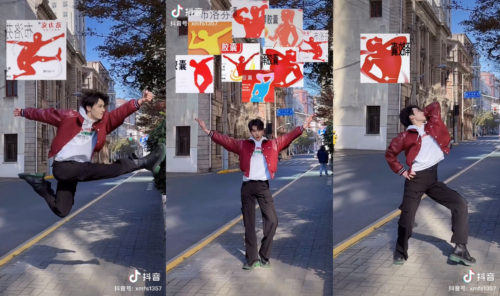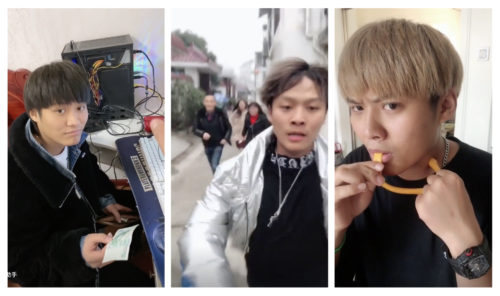Chinese mom shares frustration over storing breast milk. Trolls slam her as ‘selfish’ and ‘gross.’
For something that’s supposed to be a normal and natural part of life, breastfeeding can be a surprisingly contentious topic in China. New moms are expected to feed their infants discreetly, while some people are offended just by the sight of breast pump bags.

For something that’s supposed to be a normal and natural part of life, breastfeeding can be a surprisingly contentious topic in China. New moms are expected to feed their infants discreetly, while some people are offended just by the sight of breast pump bags.
This week has seen yet another breastfeeding controversy: a national debate about how nursing moms should store their breast milk while on the road.
In a since-deleted video on Douyin — the Chinese version of TikTok — uploaded on October 31, a breastfeeding mother recorded herself making a complaint while riding a high-speed railway train. “This train has a fridge to keep beverages chilled, but I’m not allowed to put two bags of breast milk there,” the woman said while showing the containers on her tray table.
“The train attendants denied my request, saying it’s for the sake of food safety,” she continued, adding that when she called the customer service hotline of the railway company, she was given the same answer.
Shortly after the video was posted, the woman found herself in the eye of a social media storm. The responses to the clip were quite the opposite of what she had hoped for.
“Who knows if the fluid in the bags was breast milk or something else? The pandemic is not completely over yet and she’s risking other people’s lives. It’s ridiculous that she thinks she’s entitled to do everything her way just because she’s a mother,” a typical comment said (in Chinese).
Another Douyin user wrote (in Chinese), “Why did she have to pump and bottle her human milk beforehand? It caused trouble for everyone who was on the train.”
Legal experts were quick to chime in with their thoughts on the issue. Siding with the railway company, the vast majority of them dismissed the woman’s request as “frivolous” and said they saw no fault on the train’s staff’s part. “The railway company has no obligation to provide this type of service,” said (in Chinese) a lawyer in a Douyin video. “Stop making a fuss. You don’t have any right to complain. She’s such a difficult person.”
Despite this critical response, Orange Umbrella, a Chinese nonprofit organization that advocates for gender equality, saw the controversy in a different light. In an article (in Chinese) published on November 4, the organization wrote that the backlash against the woman was unfair, and that the debate over the railway company’s legal responsibilities was beside the point.
“For this woman and others who struggle with the same problem, their needs as breastfeeding moms are often considered burdensome by many. They are constantly judged and policed. They are expected to comply with the norm and not cause trouble for people around them,” the article read. “But being a new mother is challenging and exhausting. It’s never as easy as many people think.”
The organization also noted that most high-speed trains don’t have private rooms or spaces for moms to breastfeed. Due to the lack of supportive policies and resources, breastfeeding moms are left with no options but to pump and bottle breast milk before traveling.






